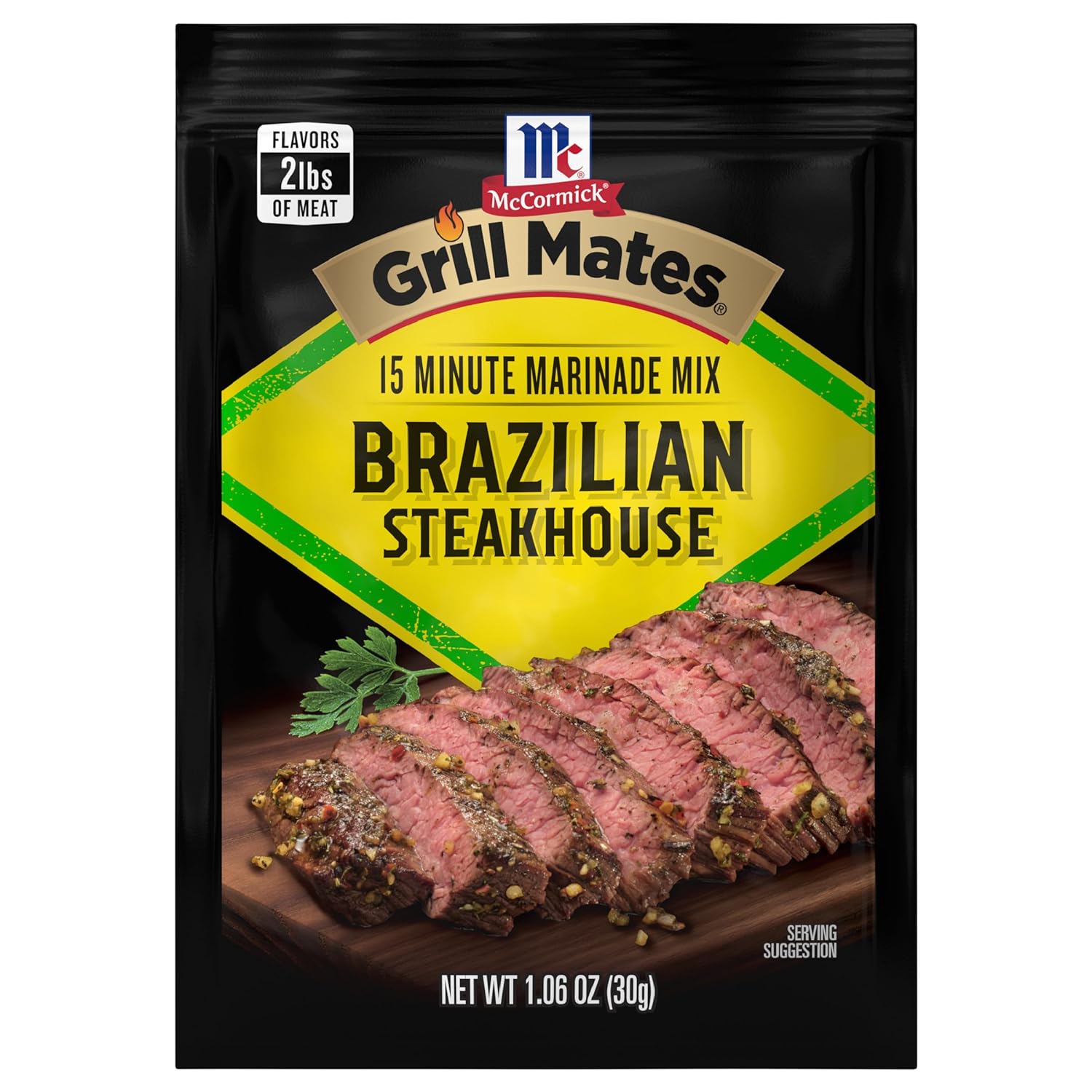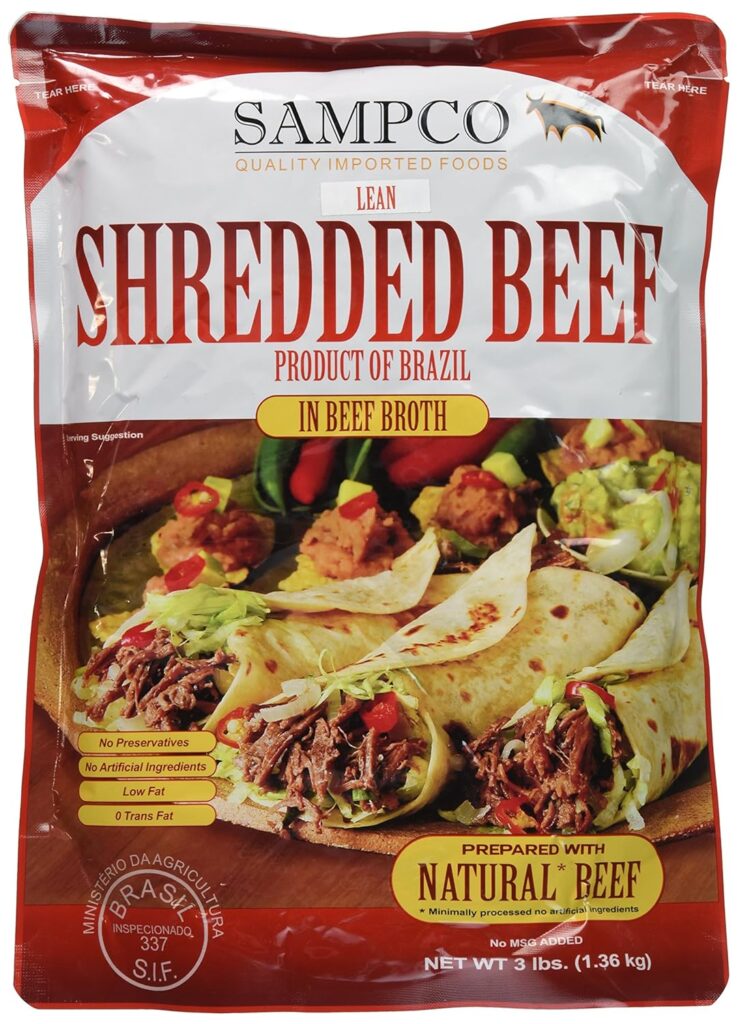Alessandro Medeiros is a Brazilian athlete known for his accomplishments in endurance sports, including the Ultraman World Championship, the pinnacle event in triathlon. Born on September 09, 1970, in Niterói, Rio de Janeiro, Brazil, Medeiros has been living in the U.S. since 2009.
He started his athletic career relatively late, entering the world of triathlons in his 40s. Despite this, he quickly established himself as a formidable competitor, known for his perseverance, discipline, and ability to endure the grueling demands of Ultraman races.
Since 2020, Medeiros has been following a strict carnivore diet, consuming only animal-based products such as beef, chicken, pork, fish, organs, and eggs. He is one of the few endurance athletes adhering to this diet, which challenges traditional sports nutrition expectations.
His dedication to the sport and consistent high-level performances have made him a prominent figure in the triathlon community in Brazil and internationally.
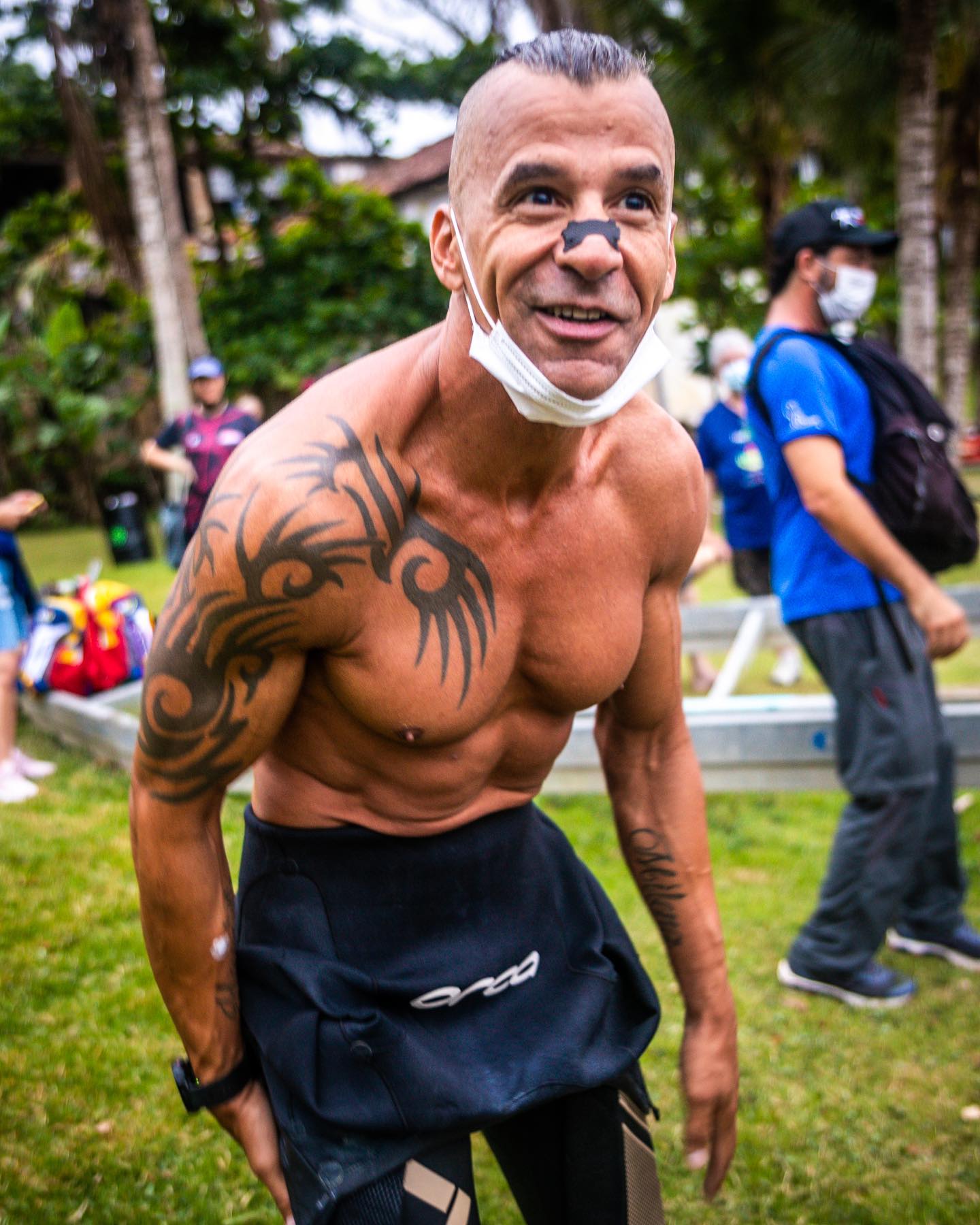
To achieve these results, Medeiros maintains a rigorous training regimen that includes extensive sessions of swimming, cycling, and running. He places a strong emphasis on nutrition and recovery, complementing his physical training. Additionally, Medeiros practices fasting and often competes in a state of ‘metabolic fasting,’ where he consumes minimal calories during his events
For example, during the Ultraman World Championship in Kona, Hawaii, where he placed 12th, he maintained a carnivore diet and kept his caloric intake extremely low, consuming less than 500 calories per day while burning around 17,000 calories in the course of the race.
One of his extraordinary achievements includes completing two marathons on the lava fields of Kona, which include a 6.2-mile swim, a 261-mile bike ride, and a 52.4-mile marathon run. He has also competed in numerous Ultraman events around the world, often finishing with impressive times and earning several age-group podium finishes.
Furthermore, Medeiros achieved a remarkable feat by securing a silver medal in the “Miami 100 Ultra Marathon,” a 160 km race, where his diet during the competition primarily consisted of flank steak and bacon.
His story is an inspiration to many aspiring athletes, showcasing that it is never too late to start and excel in a sport, provided one has the determination and dedication required for success.
Medeiros’ approach to his diet and training is closely monitored by a team of medical professionals, including a nutritionist and a cardiologist, ensuring that his health remains optimal despite his unconventional methods. His success serves as a testament to the potential of alternative dietary strategies in high-performance sports.
INTERVIEW WITH ALESSANDRO MEDEIROS

1. Can you tell us about your background and how your journey as a tri-athlete began?
Alessandro Medeiros: I started my journey in sports over 30 years ago. I have always been passionate about endurance sports and, after becoming a father, I dedicated myself even more to improving myself. Five years ago, I became the first ultra-athlete in the world to achieve great things in the sport with a 100% protein and animal fat diet. This change pushed me to achieve surprising results.
2. What inspired you to switch to a carnivore diet and how has it impacted your performance in competitions like the Ultraman World Championships?
Alessandro Medeiros: After seeing a photo of myself during a competition and realizing that despite my efforts, my appearance wasn’t that good, I decided to try a different diet. I researched a lot and, in 2019, I started working with my nutritionist Letícia Moreira. She suggested I go on a carnivore diet for 15 days, and that’s when I fell in love with this approach. Since then, the carnivore diet has positively impacted my performance, especially in the Ultraman World Championships competitions.
3. Can you describe a typical training day for you, including how you incorporate the carnivore diet into your routine?
Alessandro Medeiros: My typical training day starts early, around 5am. I have the first training session, I go to work — I am a professional driver for Fedex –, and at the end of the afternoon, I have the second training session. My workouts are planned by my trainer Ezequiel Morales. Throughout the day, I eat only meat or eggs. This diet gives me a lot of energy and quick recovery between workouts.
4. What challenges did you face while following the carnivore diet and how did you overcome them?
Alessandro Medeiros: The main challenges were the initial adaptation to not consuming carbohydrates and the concern of some people regarding the sustainability and health of the carnivore diet. To overcome them, I count on the support of a medical team and my nutritionist Letícia, who monitors my health closely and carries out regular exams. This gives me peace of mind that I am on the right path.
5. Many athletes eat a more balanced diet. How do you address critics’ concerns about the sustainability and health implications of a carnivore diet?
Alessandro Medeiros: I know that many athletes prefer a more balanced diet, but in my case, the carnivore diet has proven to be extremely beneficial. My body composition, recovery, and performance have improved significantly. I undergo exams regularly and my health is impeccable. I believe this approach is perfectly sustainable and healthy.
6. What advice would you give other athletes considering switching to a carnivore diet?
Alessandro Medeiros: My advice to other athletes considering the carnivore diet is to be patient and persistent. Adapting may take some time, but it’s worth it. Trust the process, seek guidance from qualified professionals, and pay attention to your body’s signals. The carnivore diet can be a powerful tool for improving performance and health.
Follow Alessandro Medeiros at @medeirosendurance
FAQ:
What is the carnivore diet?
The diet, similar in style to the Atkins and keto diets, goes by many names: carnivore diet, lion diet, high-fat diet, and animal-based diet.
The carnivore diet focuses solely on animal-based foods, meaning you can eat meat, poultry, eggs, seafood, fish, some dairy products, and drink water. This plan cuts out all vegetables, fruits, grains, legumes, seeds, and nuts, which is why it’s sometimes called the “zero carb” diet.
This diet is a type of ketogenic, or “keto,” diet. Keto diets work by limiting glucose and other sugars, so the body has to burn fat for energy instead. This process creates ketones, which are released into the bloodstream and make the blood more acidic, a state called ketosis.
Is the carnivore diet healthy?
There is ongoing debate about the health implications of the carnivore diet. While some proponents claim it can lead to weight loss and improved health markers, critics are concerned about the lack of essential nutrients typically found in plant-based foods.
Devout followers of the lifestyle boast that their skin is clearer than it’s ever been, their gut is healthier and they’re in the best shape of their lives.
What can you eat on the carnivore diet?
On the carnivore diet, you can eat all types of meat (beef, pork, lamb, etc.), poultry, fish, seafood, eggs, and some dairy products like cheese and butter. Water and bone broth are typically the only beverages allowed.
What foods are not allowed on the carnivore diet?
The diet excludes all plant-based foods, including vegetables, fruits, grains, legumes, seeds, nuts, and any processed foods or beverages containing plant ingredients.
Can you get all the necessary nutrients from the carnivore diet?
This is a point of contention. While meat and animal products provide many essential nutrients, critics argue that the diet lacks fiber and certain vitamins and minerals that are abundant in plant foods.
Is the carnivore diet safe for long-term use?
The long-term safety of the carnivore diet is not well-studied. Some individuals may experience benefits, but others might face health risks due to nutrient deficiencies and potential increases in cholesterol and other markers of heart disease.
According to Harvard Health Publishing, the disadvantage of all keto diets is they tend to raise LDL cholesterol levels in both the short and long term. Other longer-term concerns about keto diets, especially the carnivore diet, include the increased risk of kidney stones, gout, and osteoporosis. Also, the very high protein intake associated with the carnivore diet can lead to impaired kidney function.
How does the carnivore diet compare to the ketogenic diet?
Both diets are low in carbohydrates and promote ketosis, but the carnivore diet is more restrictive, allowing only animal-based foods. The ketogenic diet, on the other hand, includes a variety of low-carb plant foods.
Can the carnivore diet help with weight loss?
Many people report weight loss on the carnivore diet, likely due to the high protein intake, which can increase satiety and reduce overall calorie consumption. However, individual results may vary.
What are common side effects of the carnivore diet?
Some common side effects include digestive issues, nutrient deficiencies, and potential increases in cholesterol levels. Additionally, individuals may experience symptoms of ‘keto flu,’ such as headaches, brain fog, fatigue, irritability, nausea, difficulty sleeping, and constipation when transitioning to a low-carb diet.
How do you start the carnivore diet?
To start the carnivore diet, gradually eliminate plant-based foods from your diet, focusing on consuming a variety of animal products. It’s also important to stay hydrated and consult with a healthcare professional, especially if you have preexisting health conditions.
Who is advocating for the carnivore diet?
Several notable individuals have adopted the carnivore diet, including podcaster, comedian, and UFC commentator Joe Rogan. He claims that the carnivore diet has helped him lose weight, reduce aches and pains, improve his mental health, and even control his vitiligo, an autoimmune condition that causes patches of skin to lose color.
Additionally, Shawn Baker, a former orthopedic surgeon and athlete, is known for promoting the carnivore diet through social media and his book ‘The Carnivore Diet‘ (Amazon).
Some athletes, like Alessandro Medeiros, have reported success on the carnivore diet, citing improved performance and recovery. However, results can vary greatly between individuals, and more research is needed to fully understand its effects on athletic performance.
Shop Carnivore Diet Products:
Lone Star Brazilian Steakhouse Flavored Beef Jerky (Amazon)
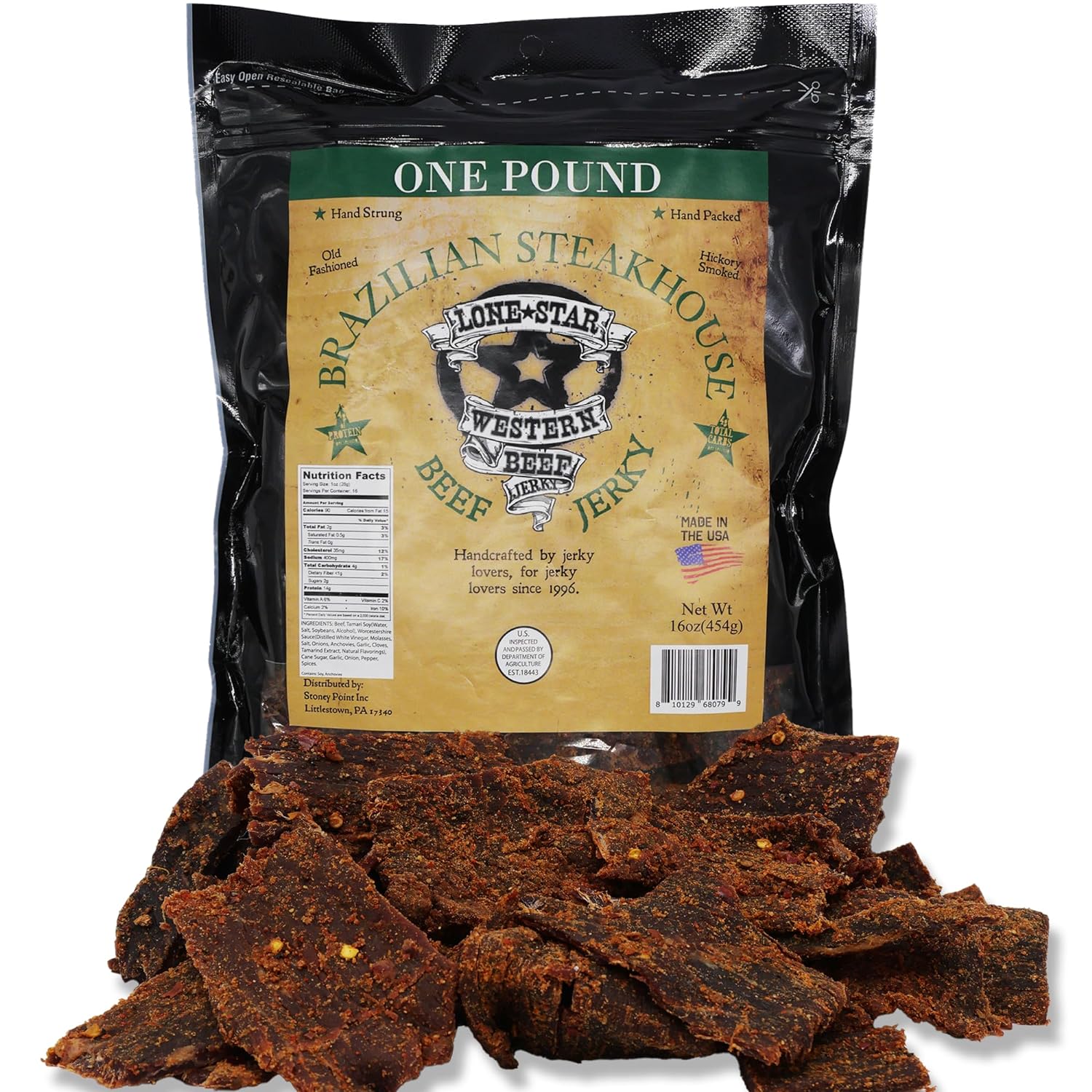
Hardcore Carnivore Black: charcoal seasoning for steak
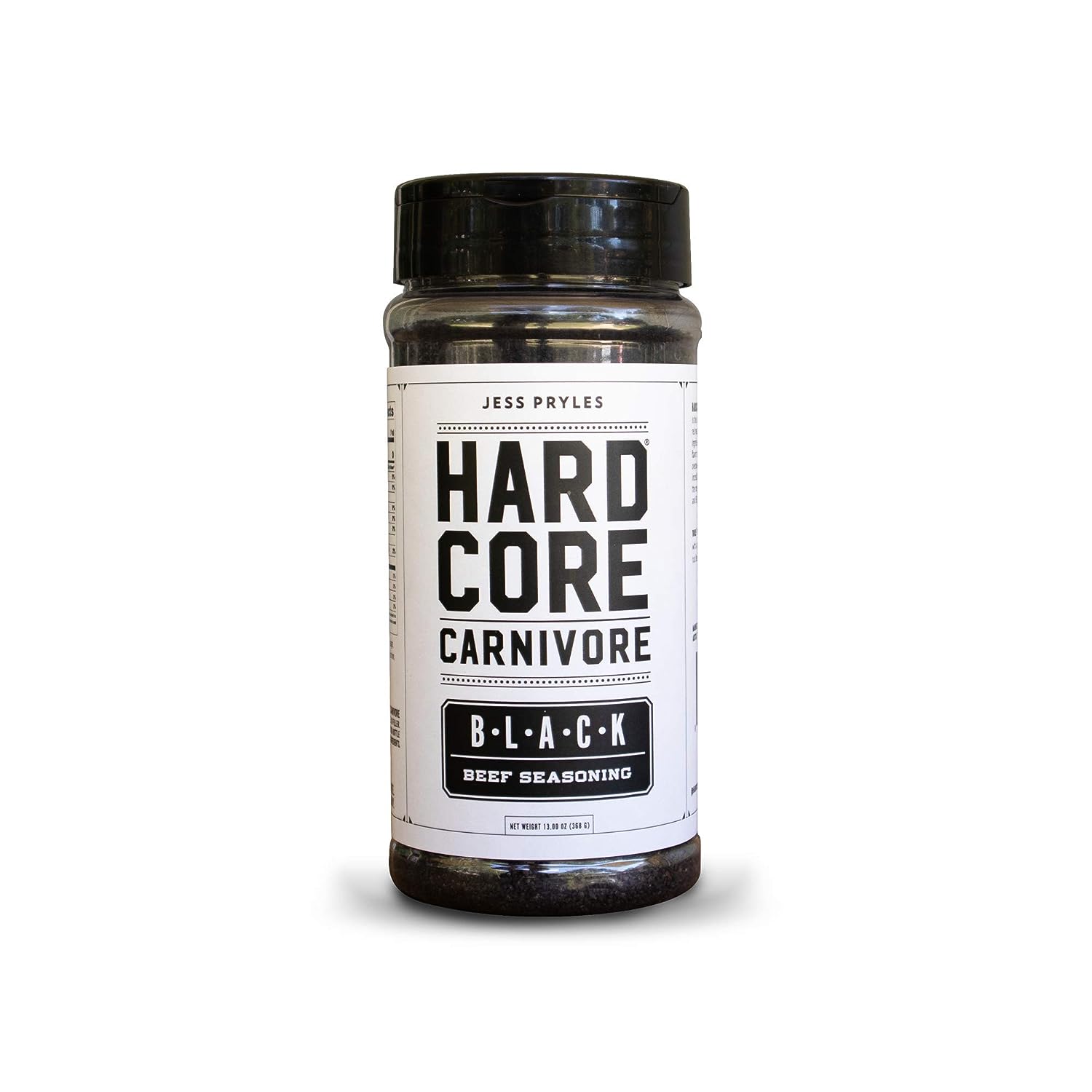
Ancient Nutrition Bone Broth Protein Powder, Salted Caramel
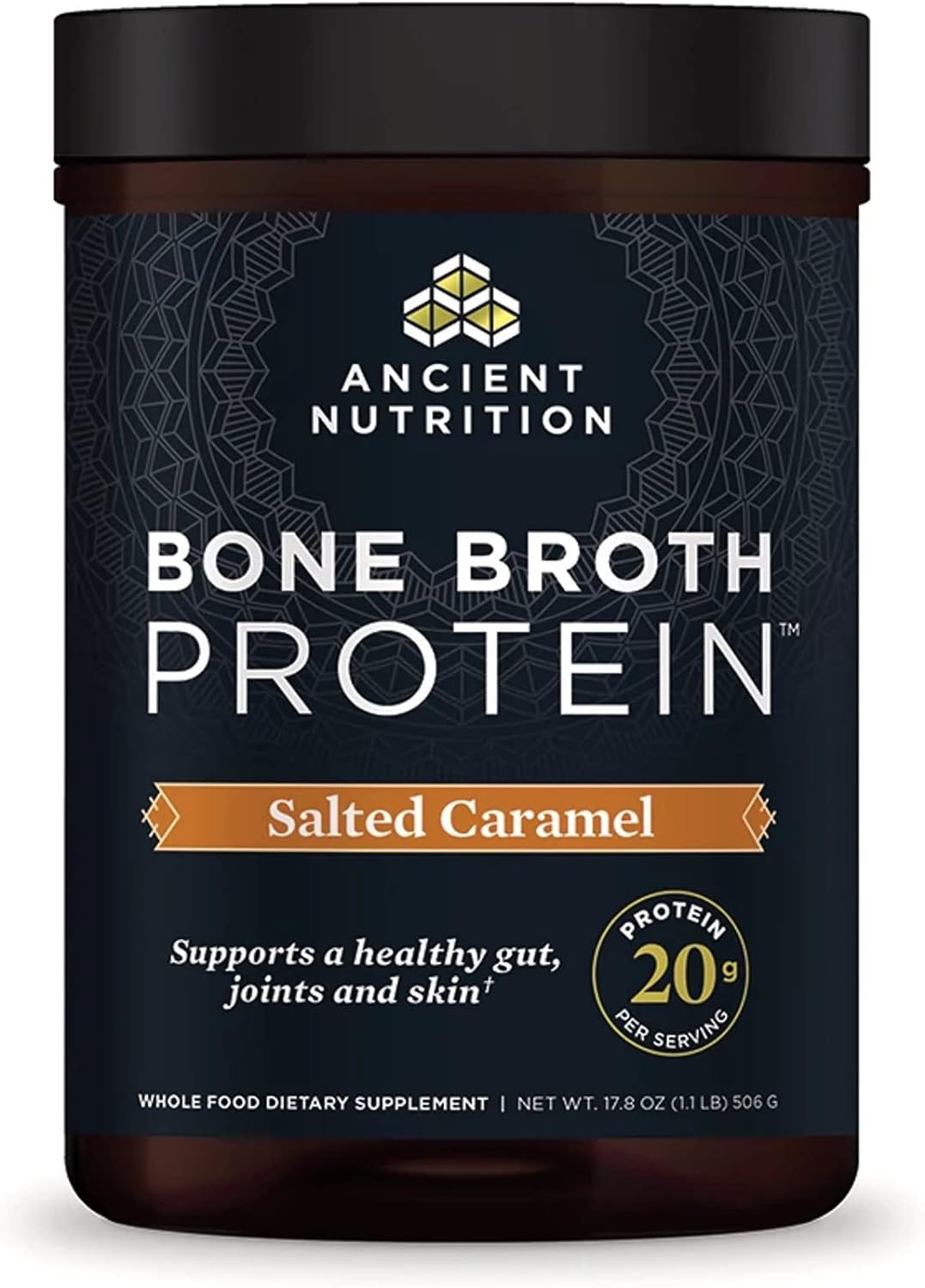
Beef Organ Supplement Grass Fed – 7 Beef Organs Complex

BBQ Vertical Brazilian Skewers El Pastor Spit Hack

Braza: Authentic Brazilian Barbecue
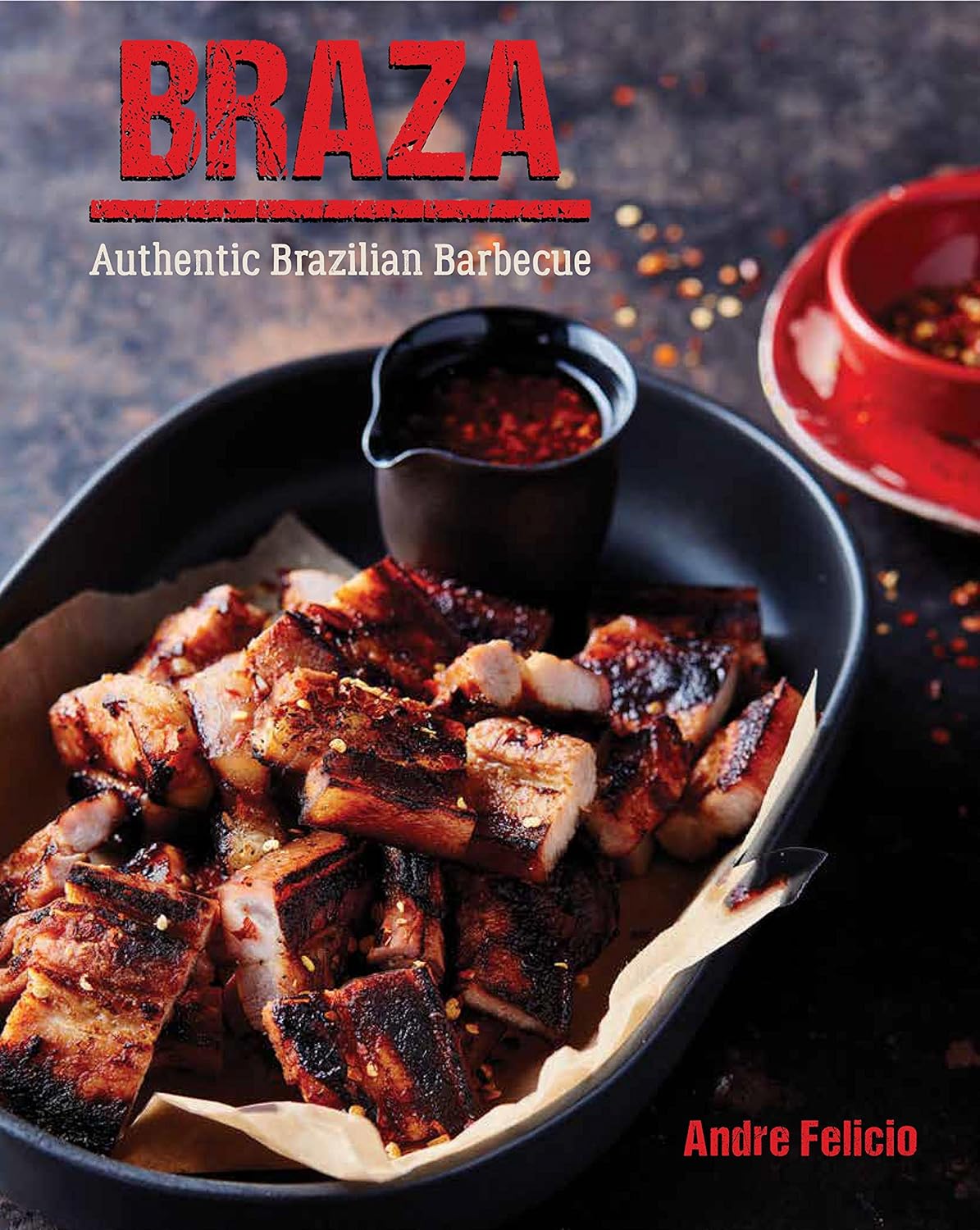
Brazilian Flame Rotisserie Grill Roaster with 2 Auto Rotating Indoor Skewers

Bacana Grills All-in-One Brazilian BBQ Grill



